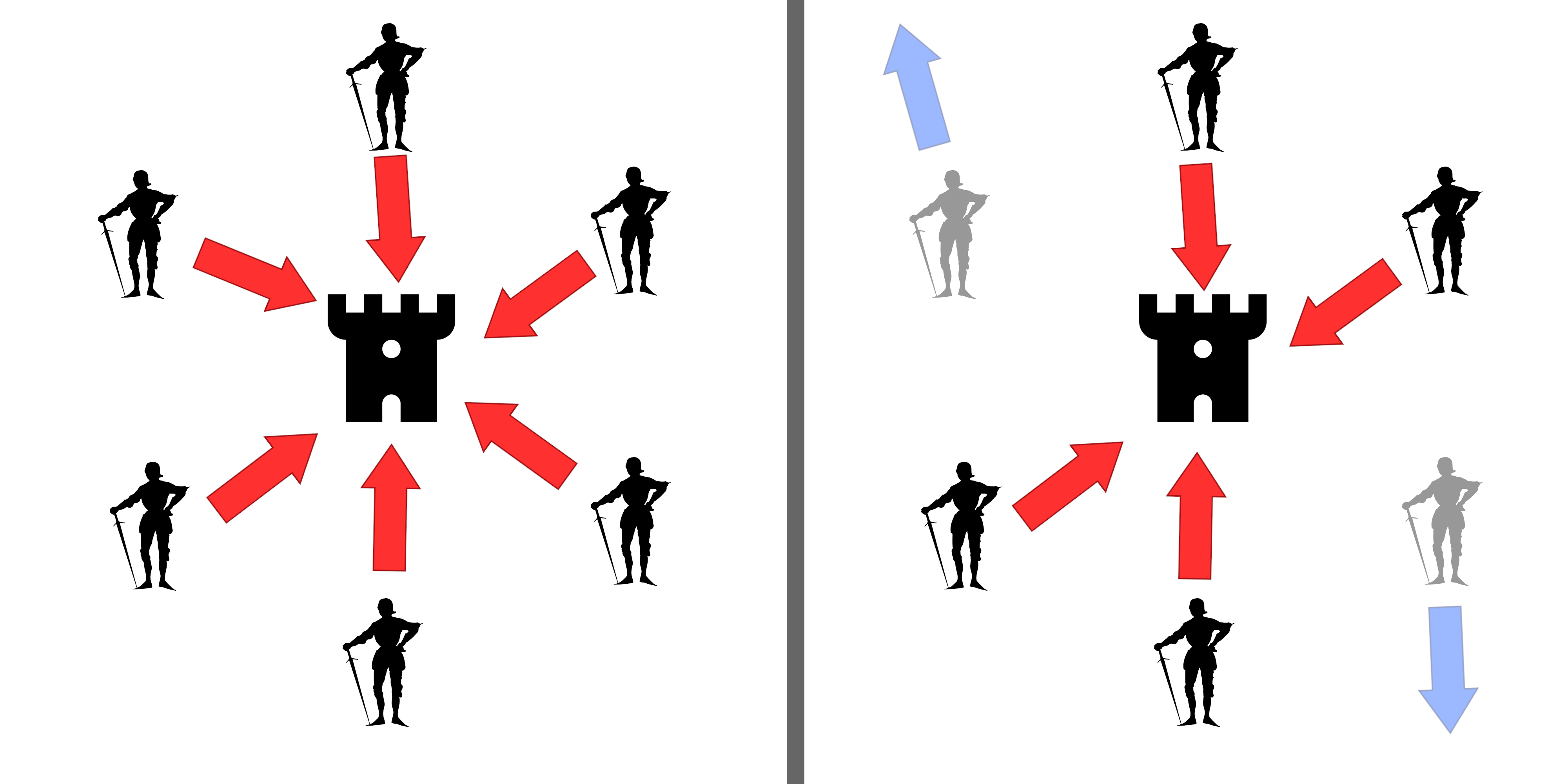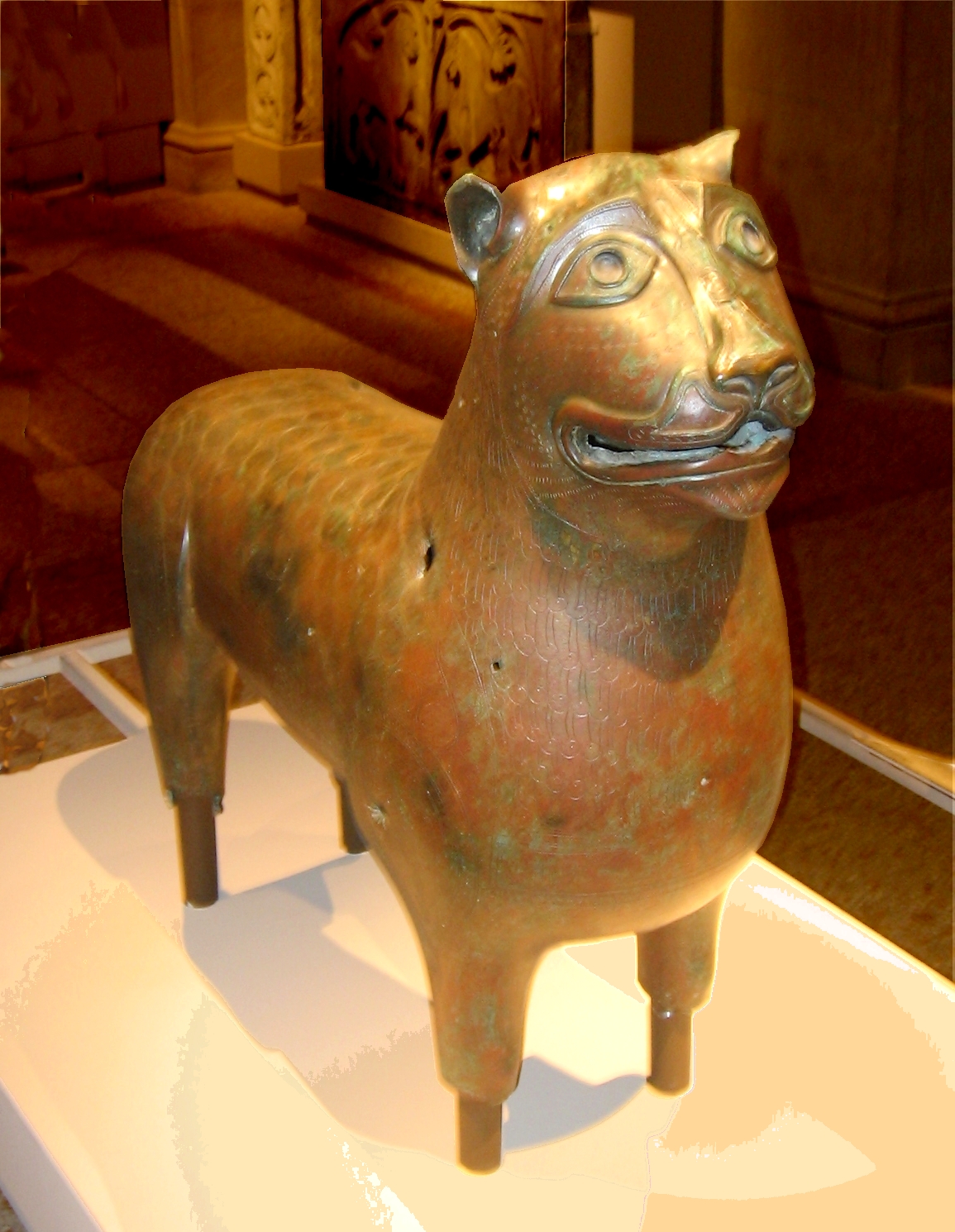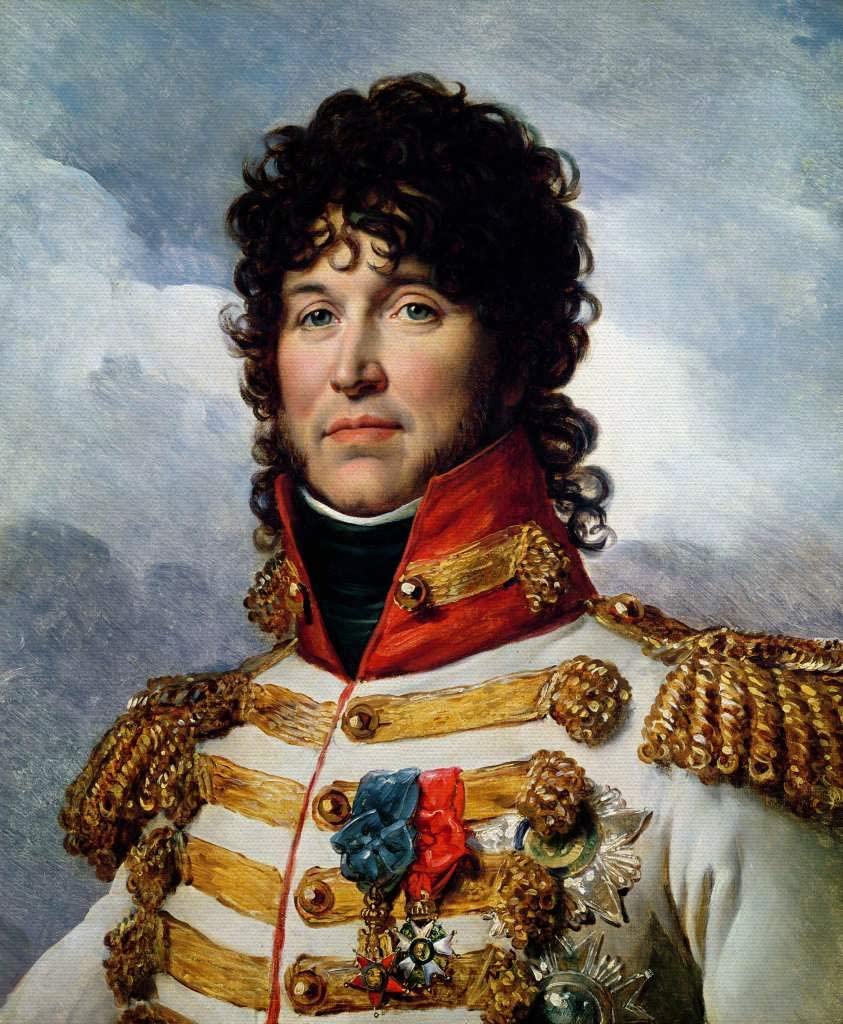|
Raimbaud De Reillanne
Raimbaud was an Italo-Norman chief who served under Philaretus Brachamius from 1073 to 1074. He arrived in the East at the head of 8,000 Norman mercenaries who took up service with Philaretus in 1073. They were headquartered at the castle of Afranji, which means "Franks," near Harput on the Euphrates. Some of the Normans were at Edessa, Philaretus' capital, and at Antioch, where Italian traders from Amalfi and Bari continued to find access to Eastern goods despite the troubled times in the region, with the recent coming of the Seljuk horde. Raimbaud himself did not lead his troops long. He died in battle defending Philaretus' tent from Thornig, Prince of Sassoun. Sources * Gravett, Christopher, and Nicolle, David. ''The Normans: Warrior Knights and their Castles''. Osprey Publishing Osprey Publishing is a British, Oxford-based, publishing company specializing in military history. Predominantly an illustrated publisher, many of their books contain full-colour artwork p ... [...More Info...] [...Related Items...] OR: [Wikipedia] [Google] [Baidu] |
Italo-Norman
The Italo-Normans ( it, Italo-Normanni), or Siculo-Normans (''Siculo-Normanni'') when referring to Sicily and Southern Italy, are the Italian-born descendants of the first Norman conquerors to travel to southern Italy in the first half of the eleventh century. While maintaining much of their distinctly Norman piety and customs of war, they were shaped by the diversity of southern Italy, by the cultures and customs of the Greeks, Lombards, and Arabs in Sicily. History Normans first arrived in Italy as pilgrims, probably on their way to or returning from either Rome or Jerusalem, or from visiting the shrine at Monte Gargano, during the late tenth and early eleventh centuries. In 1017, the Lombard lords in Apulia recruited their assistance against the dwindling power of the Byzantine Catapanate of Italy. They soon established vassal states of their own and began to expand their conquests until they were encroaching on the Lombard principalities of Benevento and Capua, Saracen ... [...More Info...] [...Related Items...] OR: [Wikipedia] [Google] [Baidu] |
Christopher Gravett
Christopher Gravett is an assistant curator of armour at the Tower Armouries specialising in the arms and armour of the medieval world. Gravett has written a number of books and acts as an advisor for film and television projects. Selected works * (1985) ''German Medieval Armies, 1300-1500'', Osprey Publishing, * (1993) ''The Norman Knight, 950-1204 AD'', Osprey Publishing, * (1997) ''Medieval German Armies, 1000-1300'', Osprey Publishing, * (1999) ''Bosworth 1485: Last Charge of the Plantagenets'', Osprey Publishing, * (2000) ''Hastings 1066'', Osprey Publishing, * (2001) ''The History of Castles: Fortifications Around the World'', Lyons Press, * (2002) ''English Medieval Knight 1300-1400'', Osprey Publishing, * (2002) ''English Medieval Knight 1200-1300'', Osprey Publishing, * (2003) ''Towton 1461: England's Bloodiest Battle'', Osprey Publishing, * (2003) ''Tewkesbury 1471: The Last Yorkist Victory'', Osprey Publishing, * (2003) ''Norman Stone Castles: British Isles ... [...More Info...] [...Related Items...] OR: [Wikipedia] [Google] [Baidu] |
Byzantine Generals
A Byzantine fault (also Byzantine generals problem, interactive consistency, source congruency, error avalanche, Byzantine agreement problem, and Byzantine failure) is a condition of a computer system, particularly distributed computing systems, where components may fail and there is imperfect information on whether a component has failed. The term takes its name from an allegory, the "Byzantine generals problem", developed to describe a situation in which, in order to avoid catastrophic failure of the system, the system's actors must agree on a concerted strategy, but some of these actors are unreliable. In a Byzantine fault, a component such as a server can inconsistently appear both failed and functioning to failure-detection systems, presenting different symptoms to different observers. It is difficult for the other components to declare it failed and shut it out of the network, because they need to first reach a consensus regarding which component has failed in the first pl ... [...More Info...] [...Related Items...] OR: [Wikipedia] [Google] [Baidu] |
Norman Warriors
Norman or Normans may refer to: Ethnic and cultural identity * The Normans, a people partly descended from Norse Vikings who settled in the territory of Normandy in France in the 10th and 11th centuries ** People or things connected with the Norman conquest of southern Italy in the 11th and 12th centuries ** Norman dynasty, a series of monarchs in England and Normandy ** Norman architecture, romanesque architecture in England and elsewhere ** Norman language, spoken in Normandy ** People or things connected with the French region of Normandy Arts and entertainment * ''Norman'' (film), a 2010 drama film * '' Norman: The Moderate Rise and Tragic Fall of a New York Fixer'', a 2016 film * ''Norman'' (TV series), a 1970 British sitcom starring Norman Wisdom * ''The Normans'' (TV series), a documentary * "Norman" (song), a 1962 song written by John D. Loudermilk and recorded by Sue Thompson * "Norman (He's a Rebel)", a song by Mo-dettes from ''The Story So Far'', 1980 Businesses * ... [...More Info...] [...Related Items...] OR: [Wikipedia] [Google] [Baidu] |
Italo-Normans
The Italo-Normans ( it, Italo-Normanni), or Siculo-Normans (''Siculo-Normanni'') when referring to Sicily and Southern Italy, are the Italian-born descendants of the first Norman conquerors to travel to southern Italy in the first half of the eleventh century. While maintaining much of their distinctly Norman piety and customs of war, they were shaped by the diversity of southern Italy, by the cultures and customs of the Greeks, Lombards, and Arabs in Sicily. History Normans first arrived in Italy as pilgrims, probably on their way to or returning from either Rome or Jerusalem, or from visiting the shrine at Monte Gargano, during the late tenth and early eleventh centuries. In 1017, the Lombard lords in Apulia recruited their assistance against the dwindling power of the Byzantine Catapanate of Italy. They soon established vassal states of their own and began to expand their conquests until they were encroaching on the Lombard principalities of Benevento and Capua, Sar ... [...More Info...] [...Related Items...] OR: [Wikipedia] [Google] [Baidu] |
1074 Deaths
1 (one, unit, unity) is a number representing a single or the only entity. 1 is also a numerical digit and represents a single unit of counting or measurement. For example, a line segment of ''unit length'' is a line segment of length 1. In conventions of sign where zero is considered neither positive nor negative, 1 is the first and smallest positive integer. It is also sometimes considered the first of the infinite sequence of natural numbers, followed by 2, although by other definitions 1 is the second natural number, following 0. The fundamental mathematical property of 1 is to be a multiplicative identity, meaning that any number multiplied by 1 equals the same number. Most if not all properties of 1 can be deduced from this. In advanced mathematics, a multiplicative identity is often denoted 1, even if it is not a number. 1 is by convention not considered a prime number; this was not universally accepted until the mid-20th century. Additionally, 1 is the s ... [...More Info...] [...Related Items...] OR: [Wikipedia] [Google] [Baidu] |
Oxford
Oxford () is a city in England. It is the county town and only city of Oxfordshire. In 2020, its population was estimated at 151,584. It is north-west of London, south-east of Birmingham and north-east of Bristol. The city is home to the University of Oxford, the oldest university in the English-speaking world; it has buildings in every style of English architecture since late Anglo-Saxon. Oxford's industries include motor manufacturing, education, publishing, information technology and science. History The history of Oxford in England dates back to its original settlement in the Saxon period. Originally of strategic significance due to its controlling location on the upper reaches of the River Thames at its junction with the River Cherwell, the town grew in national importance during the early Norman period, and in the late 12th century became home to the fledgling University of Oxford. The city was besieged during The Anarchy in 1142. The university rose to ... [...More Info...] [...Related Items...] OR: [Wikipedia] [Google] [Baidu] |
Osprey Publishing
Osprey Publishing is a British, Oxford-based, publishing company specializing in military history. Predominantly an illustrated publisher, many of their books contain full-colour artwork plates, maps and photographs, and the company produces over a dozen ongoing series, each focusing on a specific aspect of the history of warfare. Osprey has published over 2,300 books. They are best known for their ''Men-at-Arms'' series, running to over 500 titles, with each book dedicated to a specific historical army or military unit. Osprey is an imprint of Bloomsbury Publishing. History In the 1960s, the Brooke Bond Tea Company began including a series of military aircraft cards with packages of their tea. The cards proved popular, and the artist Dick Ward proposed the idea of publishing illustrated books about military aircraft. The idea was approved and a small subsidiary company called Osprey was formed in 1968. The company’s first book, ''North American P-51D Mustang in USAAF-USAF Ser ... [...More Info...] [...Related Items...] OR: [Wikipedia] [Google] [Baidu] |
David Nicolle
David C. Nicolle (born 4 April 1944) is a British historian specialising in the military history of the Middle Ages, with a particular interest in the Middle East. David Nicolle worked for BBC Arabic before getting his MA at SOAS, University of London. He gained a PhD at the University of Edinburgh in year 1982. His PhD is titled ''The Military Technology of Classical Islam''. He lectured in World and Islamic art and architecture at Yarmouk University, Jordan. He was also on the editorial board of the ''Medieval History Magazine''. Nicolle married an American, Colette Giroux in 1976; they have a son Frederick Joseph ("Fred", born 1982) and a daughter Dr. Antoinette Laura ("Nette", born 1984). He now lives and works in Chipping Barnet, London.information from Dr. David Nicolle Selected works *(1990) ''Attila and the nomad hordes: warfare on the Eurasian steppes 4th-12th centuries'', Osprey Publishing, * *(1991) ''French Medieval Armies 1000-1300.'' London: Osprey Publish ... [...More Info...] [...Related Items...] OR: [Wikipedia] [Google] [Baidu] |
Seljuk Turks
The Seljuk dynasty, or Seljukids ( ; fa, سلجوقیان ''Saljuqian'', alternatively spelled as Seljuqs or Saljuqs), also known as Seljuk Turks, Seljuk Turkomans "The defeat in August 1071 of the Byzantine emperor Romanos Diogenes by the Turkomans at the battle of Malazgirt (Manzikert) is taken as a turning point in the history of Anatolia and the Byzantine Empire. or the Saljuqids, was an Oghuz Turkic, Sunni Muslim dynasty that gradually became Persianate and contributed to the Turco-Persian tradition in the medieval Middle East and Central Asia. The Seljuks established the Seljuk Empire (1037-1194), the Sultanate of Kermân (1041-1186) and the Sultanate of Rum (1074-1308), which at their heights stretched from Iran to Anatolia, and were the prime targets of the First Crusade. Early history The Seljuks originated from the Kinik branch of the Oghuz Turks, who in the 8th century lived on the periphery of the Muslim world, north of the Caspian Sea and Aral Sea in th ... [...More Info...] [...Related Items...] OR: [Wikipedia] [Google] [Baidu] |
Philaretus Brachamius
Philaretos Brachamios ( el, Φιλάρετος Βραχάμιος; Armenian: Փիլարտոս Վարաժնունի, Pilartos Varajnuni; la, Philaretus Brachamius) or Vahram Varajnuni was a distinguished Byzantine general and warlord of Armenian heritage, and for a time was a usurper against emperor Michael VII. Philaretos is attested on seals as ''taxiarches'' (commander of an infantry regiment), as well as ''protospatharios'' and ''topoteretes'' (deputy commander) of the Tagmata of Cappadocia, then as ''magistros'' and '' doux'' (duke), and finally as ''kouropalates'' and ''doux''. Career Philaretos is described by Michael the Syrian as having a "tough and robust character" while Matthew of Edessa saw him as a "lawless and most evil prince". Philaretos held a high command in the army of Romanus IV Diogenes. In 1069 he was given the command of the main Byzantine army that was protecting the frontier of Mesopotamia while Romanus participated in the siege of Akhlat. He was def ... [...More Info...] [...Related Items...] OR: [Wikipedia] [Google] [Baidu] |
Bari
Bari ( , ; nap, label= Barese, Bare ; lat, Barium) is the capital city of the Metropolitan City of Bari and of the Apulia region, on the Adriatic Sea, southern Italy. It is the second most important economic centre of mainland Southern Italy after Naples. It is a port and university city, as well as the city of Saint Nicholas. The city itself has a population of 315,284 inhabitants, over , while the urban area has 750,000 inhabitants. The metropolitan area has 1.3 million inhabitants. Bari is made up of four different urban sections. To the north is the closely built old town on the peninsula between two modern harbours, with the Basilica of Saint Nicholas, the Cathedral of San Sabino (1035–1171) and the Hohenstaufen Castle built for Frederick II, which is now also a major nightlife district. To the south is the Murat quarter (erected by Joachim Murat), the modern heart of the city, which is laid out on a rectangular grid-plan with a promenade on the sea and the ... [...More Info...] [...Related Items...] OR: [Wikipedia] [Google] [Baidu] |








